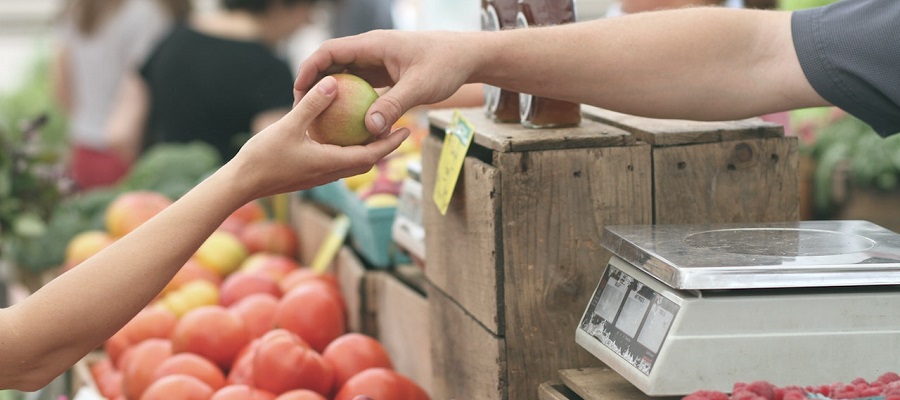Selecting the right customers is crucial for the success of a grocery wholesaler. The customer base of a wholesaler determines the volume of goods to be sold, the diversity of products to be stocked, and ultimately, the profitability of the business. In this article, we will discuss the factors that a grocery wholesaler considers when choosing its customers.
The Size of the Customer's Business
One of the primary considerations for a grocery wholesaler when selecting its customers is the size of the customer's business. Large grocery stores, supermarkets, and chain stores typically place larger orders and make more frequent purchases than smaller, independent retailers. As a result, they tend to be more attractive customers for a wholesaler.
Larger customers also have more bargaining power when it comes to negotiating prices and payment terms. They may be able to negotiate more favorable terms, such as longer payment periods or volume discounts, due to their size. On the other hand, smaller customers may not have the same bargaining power and may have to accept the terms offered by the wholesaler.
Frequency of Orders
The frequency of orders is another factor that a grocery wholesaler may consider when selecting its customers. Customers that place orders on a regular basis, such as weekly or monthly, are generally more attractive to a wholesaler than those that place infrequent or sporadic orders.
Regular orders allow the wholesaler to forecast demand and plan its production and inventory management more effectively. It also helps the wholesaler to maintain a stable cash flow, as it can count on a certain level of income at predictable intervals.
On the other hand, customers that place infrequent orders may be less attractive to a wholesaler, as they require more effort to manage and may not provide a consistent source of income.
Payment Terms and Credit Policies
The payment terms and credit policies of a customer can also influence a wholesaler's decision to do business with them. Customers that pay promptly and have a good credit history are generally more attractive to a wholesaler than those that have a history of late payments or credit issues.
Customers with good credit histories and payment records are less risky to do business with, as the wholesaler can count on receiving payment in a timely manner. On the other hand, customers with poor credit histories or payment records may be seen as a higher risk and may be less attractive to the wholesaler.
Pricing of Products
The pricing of the products offered by a grocery wholesaler can also be a factor in the selection of customers. Some customers may be willing to pay higher prices for higher-quality products, while others may be more price-sensitive and only willing to pay lower prices for basic products.
A wholesaler may choose to focus on customers that are willing to pay higher prices in order to maximize profits. However, it may also consider customers that are price-sensitive in order to maintain a diverse customer base and increase sales volume.
Quality and Freshness of Products
The quality and freshness of the products offered by a grocery wholesaler are also important considerations when selecting customers. Customers that prioritize these factors may be more likely to place larger orders and make more frequent purchases, which can be attractive to the wholesaler.
On the other hand, customers that are less concerned with quality and freshness may be less attractive to a wholesaler, as they may be more price-sensitive and place smaller, less frequent orders.
Availability and Reliability of Products
The availability and reliability of the products offered by a grocery wholesaler are also important considerations when selecting customers. Customers that place large, regular orders may require a more reliable source of products.
Briefly
Grocery wholesalers consider a number of factors when selecting their customers, including the size of the customer's business, the frequency of orders, payment terms and credit policies, pricing of products, quality and freshness of products, availability and reliability of products, delivery service, customer service, reputation in the industry, marketing and promotional efforts, use of technology, approach to sustainability and social responsibility, relationship with suppliers, ability to meet unique needs and demands, ability to adapt to changes in the industry and market, long-term contracts, involvement in the local community, management and leadership, financial stability and success, company culture, personal relationships, use of data and analytics, ability to offer a diverse range of products and services, use of social media and other digital platforms, loyalty programs, use of customer feedback and reviews, return and exchange policies, use of promotions and discounts, and involvement in industry events and trade shows. All of these factors can impact the relationship between the wholesaler and its customers and play a role in the success of the business.


